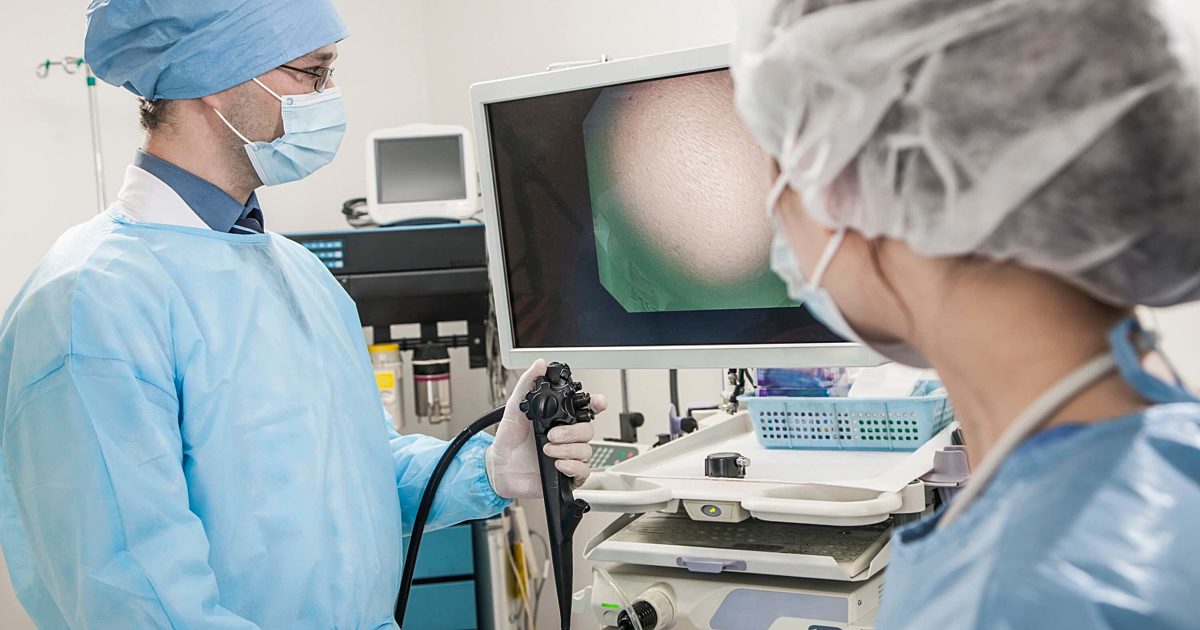What Exactly Is A Hernia?
What Causes A Hernia?

Hernias are caused due to weak muscles in an individual’s body. If already weak muscles are continuously strained, the likelihood of an individual developing a hernia increases significantly. Often, a person is simply born being more prone to experience weak muscles. In these cases, certain things will enhance the likelihood of a hernia. Some of these things include heavy lifting, excessive coughing, experiencing issues with digestion, or being overweight.
Learn about how hernias are diagnosed next.
How Hernias Are Diagnosed

A physical exam is an effective way to make a diagnosis of an incisional or inguinal hernia. During a physical exam, the patient is often asked to strain, stand, or cough to make the hernia more prominent. If the doctor suspects an individual has a hiatal hernia, they may order an endoscopy or a barium x-ray to help them make a proper diagnosis. For a barium x-ray, the affected individual will consume a liquid solution containing a compound called barium. Barium lights up on x-rays so the physician can see the patient's digestive tract clearly. An endoscopy is performed by threading a tiny camera attached to a catheter down the affected individual's throat and into their stomach. This test gives a physician a look at the internal location of the digestive tract. If an umbilical hernia is suspected, a physician may elect to perform an ultrasound to view the abdominal structures and their position to make a diagnosis.
Consider how hernias can be prevented now.
